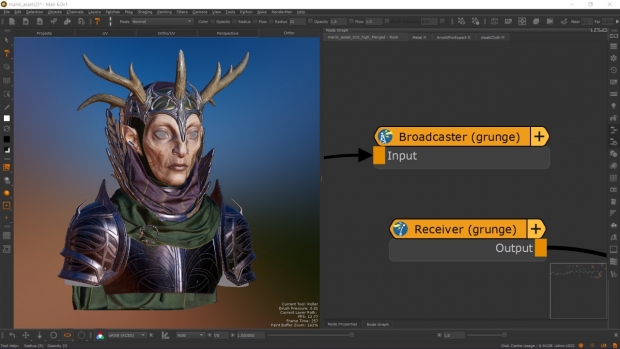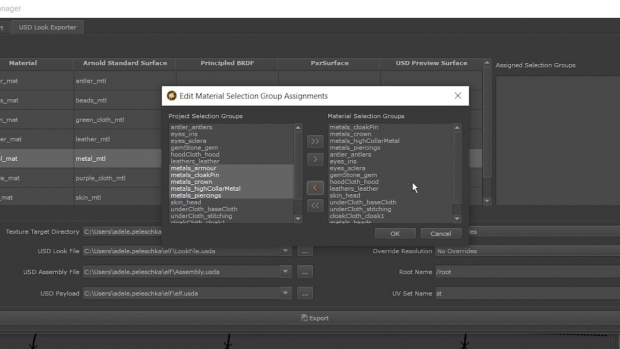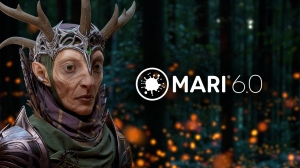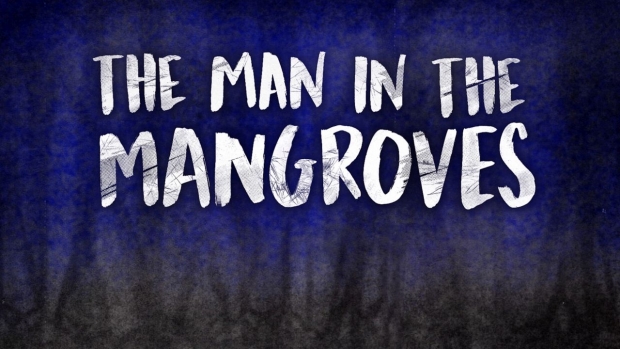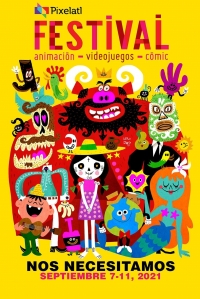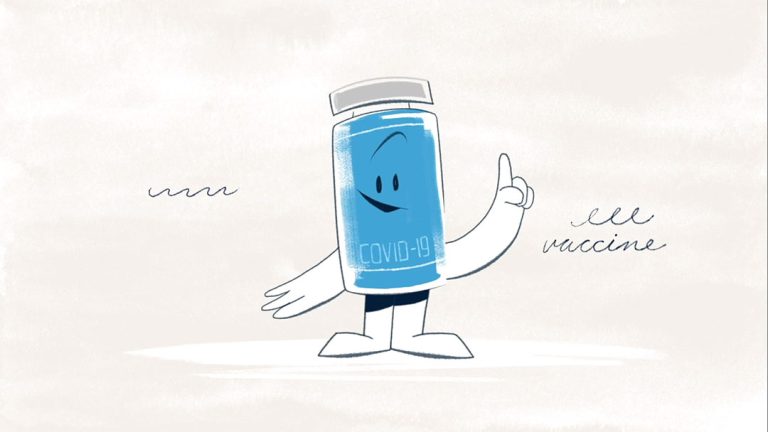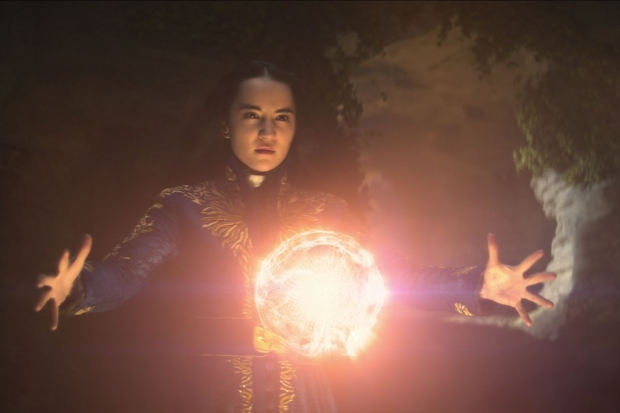Foundry has released Mari 6.0, featuring enhancements to improve artist workflows and efficiency, with two new USD Exports, a new Roller Brush paint mode, Python snippets as Shelf items, and a teleport node.
The new USD improvements ensure that texturing pipelines are USD-ready using the USD Look Exporter to export a single USD Look file containing all relevant shader information. As a result, setting up USD Looks for use in Katana or other DCCs is faster, and Look Development and Lighting can be brought together earlier in the pipeline. In addition, Mari’s selection tools can assign materials to the correct USD face set-based location.
Check out an overview of Mari’s features:
Debbie Diamond Sarto is news editor at Animation World Network.

Check out more videos and tutorials on Foundry Learning YouTube Channel.
Source: Foundry
More information about Mari 6.0 is available here.
“Since Mari 5.0, we’ve been trying to make USD and its workflows more accessible to smaller studios who don’t have large software or pipeline teams,” commented Charli Holt, Product Manager – Mari. “I’m really pleased that this next major release of Mari includes more out-of-the-box USD updates to continue this support. The new USD Look Export system makes working with USD more manageable for studios who may not have set up their own integrations for USD import/export in their own pipelines yet.”
Mari 6.0 introduces simplified execution of Python Script actions using Python Snippets as Shelf items, eliminating the need to install Python Scripts into the Scripts path before launching Mari. As a result, the collaboration between artists is easier and more efficient, with users able to share scripts with each other and across studios.
Finally, the release includes the teleport node: a node of two parts—Broadcaster and Receiver— which creates hidden connections in the nodegraph. Artists can organize the nodegraph while cleaning up networks and reducing excess clicks. The teleport workflow is faster and reduces the strain from manual navigation. Users can navigate the nodegraph without manually finding nodes.
[embedded content]
“Mari 6.0 further reduces duplication for artists working between Mari and Katana and removes the need to manually reassign face set data inside of your Lookdev DCC,” continued Holt. “Artists can now use Mari’s selection group tools to quickly assign materials to specific areas of their model, and these materials will remain correctly assigned within the exported USD Look. Alongside the Roller Brush, teleport node, and Python Script feature updates, this version of Mari is focused on boosting collaboration and efficiency for artists and studios—I can’t wait to see what they will achieve!”
Building on Mari’s painting toolset, the Roller Brush offers a new painting mode so artists can paint a tileable image while following the curves and directions of a brush stroke, allowing users to perfect the finer details without having to paint each individual stitch by hand manually. In addition, users will find repetitive painting tasks easier, such as creating seams and decals on characters’ clothing.


